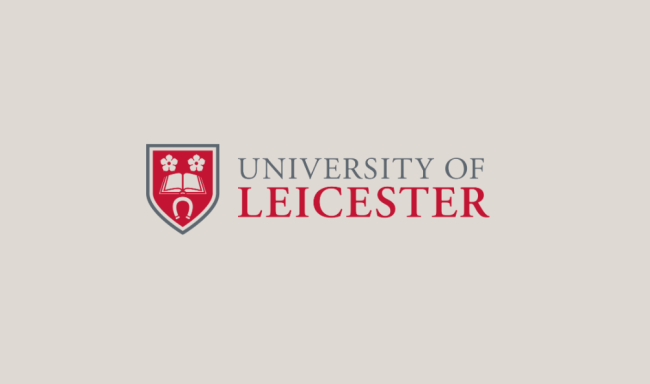Ramadan is a month-long period of fasting and spiritual reflection observed by Muslims around the world.
Ramadan and fasting
Ramadan is a month-long period of fasting and spiritual reflection observed by Muslims around the world. During Ramadan, Muslims abstain from food, drink, and other physical needs from dawn until sunset. However, people with Huntington's disease may face unique challenges when observing Ramadan due to the progressive nature of the disease and the potential impact on their physical and cognitive abilities.
It is accepted that vulnerable members of the community do not need to fast for Ramadan unless they choose to. People who are ill, elderly, menstruating or pregnant should stay well-nourished and hydrated.
If you have Huntington's disease
If someone with Huntington's disease wishes to observe Ramadan, it's important to work closely with their healthcare team to ensure that they can do so safely and comfortably. This may involve adjusting medication schedules, modifying dietary restrictions, and making accommodations for physical and cognitive challenges.
Family members and caregivers may need to provide additional support and assistance during Ramadan to help the person with Huntington's disease observe their religious traditions while also maintaining their health.
It's important to work closely with healthcare providers and family members to ensure that people's needs are met and that they can observe Ramadan in a safe and comfortable manner.



